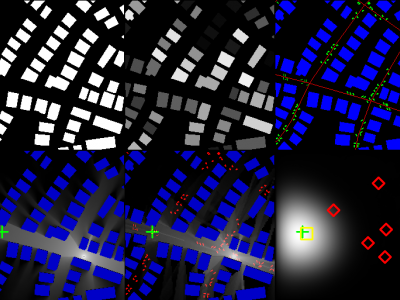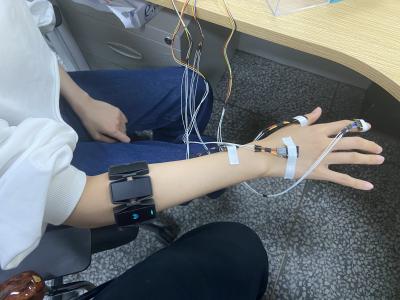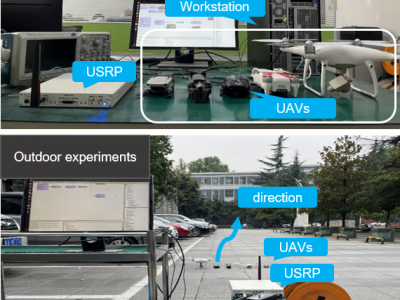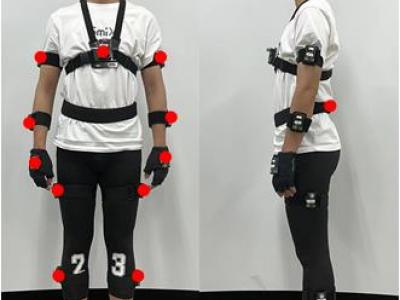Signal Processing
The dataset includes processed sequences of optical time domain reflectometry (OTDR) traces incorporating different types of fiber faults namely fiber cut, fiber eavesdropping (fiber tapping), dirty connector and bad splice. The dataset can be used for developping ML-based approaches for optical fiber fault detection, localization, idenification, and characterization.
- Categories:
 4501 Views
4501 ViewsOral health problems are closely associated with the analysis of dental tissue changes and the stomatologic treatment that follows. The associated paper explores the use of diffuse reflectance spectroscopy in the detection of dental tissue disorders. The data set includes 78 out of 343 measurements of teeth spectra in the wavelength range from 400 to 1700 nm. The proposed methodology focuses on computational and statistical methods and the use of these methods for the classification of dental tissue into two classes (healthy and unhealthy) by estimating the probability of class membership.
- Categories:
 292 Views
292 ViewsThis dataset contains pathloss and ToA radio maps generated by the ray-tracing software WinProp from Altair. The dataset allows to develop and test the accuracies of pathloss radio map estimation methods and localization algorithms based on RSS or ToA in realistic urban scenarios.
- Categories:
 5069 Views
5069 ViewsMore than 85% of traffic utilization via mobile phones are consumed in the urban area, and most of the traffic is used for downloading. Improving the throughput in LTE for 1 user equipment (UE) in cities is an urgent problem. The collected data is intended to study a dependence of the KPI mobile base station and neighboring from installation extra technology. This study will support the development of methods for comparing traffic utilization of urban area and carry out recommendations for the Channel Quality Indicator (CQI) increases.
- Categories:
 529 Views
529 Views
Ultrasonic flowmeters that use transit-time ultrasonic transducers face measurement errors due to ``crosstalk,'' whereby the working signal travels through the pipe wall and couplings, interfering with the signal from the fluid. Although various procedures have been proposed to solve the issue of crosstalk, they're limited to low-frequency ranges, or they are not effective in high-pressure environments.
- Categories:
 20 Views
20 ViewsThe experimental data provide hand motion signals and forearm EMG signals generated during simulated Parkinson's tremor in 10 normal subjects. The sampling frequency of the experimental equipment IMU is 100Hz, and the sampling frequency of the myoelectric armband Myo is 200Hz. The collection process of this experimental data has been approved by the Ethics Review Committee of Harbin Institute of Technology. In order to protect the privacy of the subjects, the author's consent is requested before using this data.
- Categories:
 285 Views
285 ViewsHuman activity data based on wearable sensors, such as the Inertial Measurement Unit (IMU), have been widely used in human activity recognition. However, most publicly available datasets only collected data from few body parts and the type of data collected is relatively homogeneous. Activity data from local body parts is challenging for recognizing specific activities or complex activities. Hence, we create a new HAR dataset which is colledted from the project named MPJA HAD: A Multi-Position Joint Angles Dataset for Human Activity Recognition Using Wearable Sensors.
- Categories:
 1651 Views
1651 ViewsDue to the smaller size, low cost, and easy operational features, small unmanned aerial vehicles (SUAVs) have become more popular for various defense as well as civil applications. They can also give threat to national security if intentionally operated by any hostile actor(s). Since all the SUAV targets have a high degree of resemblances in their micro-Doppler (m-D) space, their accurate detection/classification can be highly guaranteed by the appropriate deep convolutional neural network (DCNN) architecture.
- Categories:
 6458 Views
6458 Views







